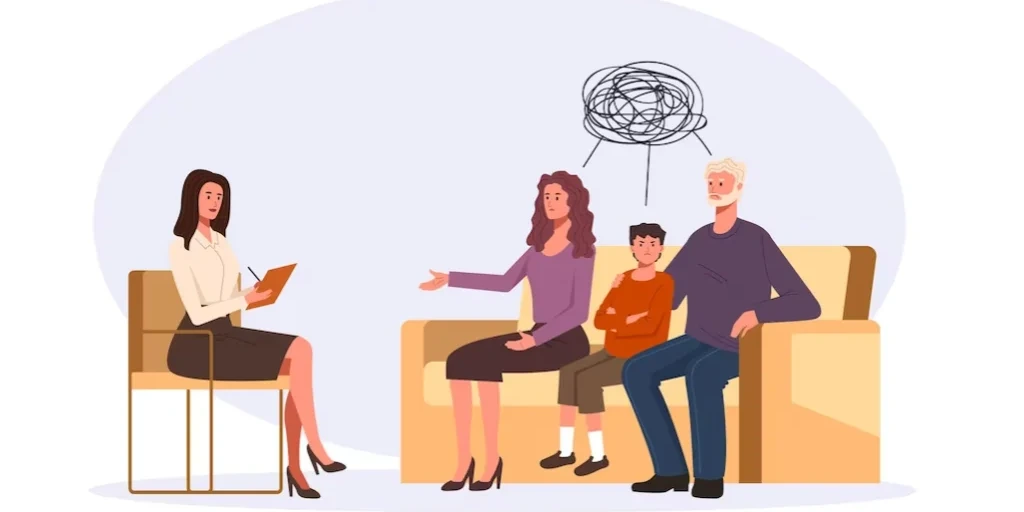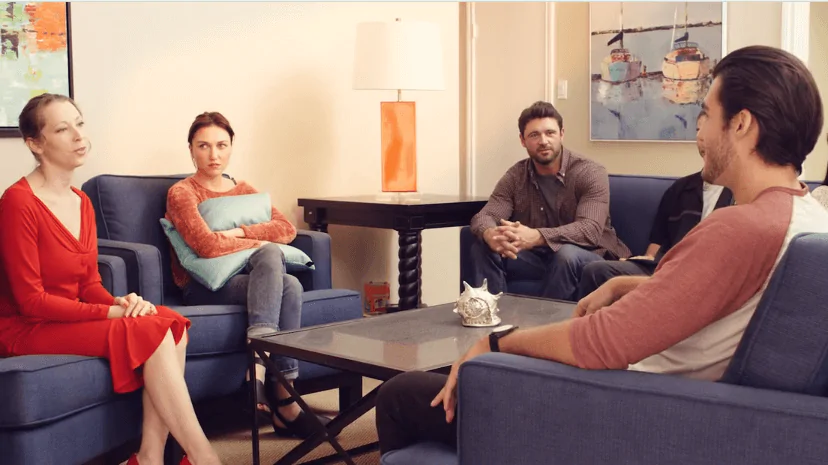24/7 Helpline:
(866) 899-221924/7 Helpline:
(866) 899-2219
Learn more about Residential Rehab centers in West Columbia
Residential Rehab in Other Cities

Other Insurance Options

Medical Mutual of Ohio

WellPoint

Ambetter

Premera

Private insurance

State Farm

American Behavioral

GEHA

Absolute Total Care

United Health Care

Regence

Covered California

Choice Care Network

Aetna

Evernorth

EmblemHealth

Sutter

UMR

WellCare Health Plans

Humana



Gulf Coast Center – Angleton Recovery
Gulf Coast Center – Angleton Recovery is a private rehab located in Angleton, Texas. Gulf Coast Cent...

PaRC – Pearland Intensive Outpatient Program
Prevention and Recovery Center’s award-winning programs for drug and alcohol addiction include an In...

Gulf Coast Center – Southern Barazoria
Gulf Coast Center – Southern Barazoria is a public rehab located in Angleton, Texas. Gulf Coast Cent...

Michael E. DeBakey VA Medical Center – Lake Jackson VA Outpatient Clinic
Michael E. DeBakey VA Medical Center is a public clinic located in Lake Jackson, Texas. Michael E. D...

Capital Area Counseling Services
Capital Area Counseling Services is a private rehab located in Pearland, Texas. Capital Area Counsel...

Serenity Light Recovery
Located in Angleton, Texas, Serenity Light Recovery is an alcohol and drug rehab center that provide...

ADAPT Programs – Angleton
ADAPT Programs is located in Angleton, Texas. ADAPT Programs provide rehabilitation treatment for pe...




























































































































































































St. Genevieve – Detox & Maintenance
St. Genevieve – Detox & Maintenance is a private rehab located in Clute, Texas. St. Genevieve – Deto...

Devereux Chemical Dependency
Devereux Chemical Dependency is a private rehab located in Angleton, Texas. Devereux Chemical Depend...

Memorial Hermann – Outpatient
Memorial Hermann – Outpatient is a private rehab located in Pearland, Texas. Memorial Hermann – Outp...

AA – Alcoholics Anonymous
AA – Alcoholics Anonymous is a non-profit rehab located in Clute, Texas. AA – Alcoholics Anonymous s...

Pathway to Recovery
Pathway to Recovery is a private rehab located in Angleton, Texas. Pathway to Recovery specializes i...

Integrated Counseling and Wellness
Integrated Counseling and Wellness is a private rehab located in Pearland, Texas. Integrated Counsel...

Alpha Family Center
Alpha Family Center is a private rehab located in Clute, Texas. Alpha Family Center specializes in t...






















































